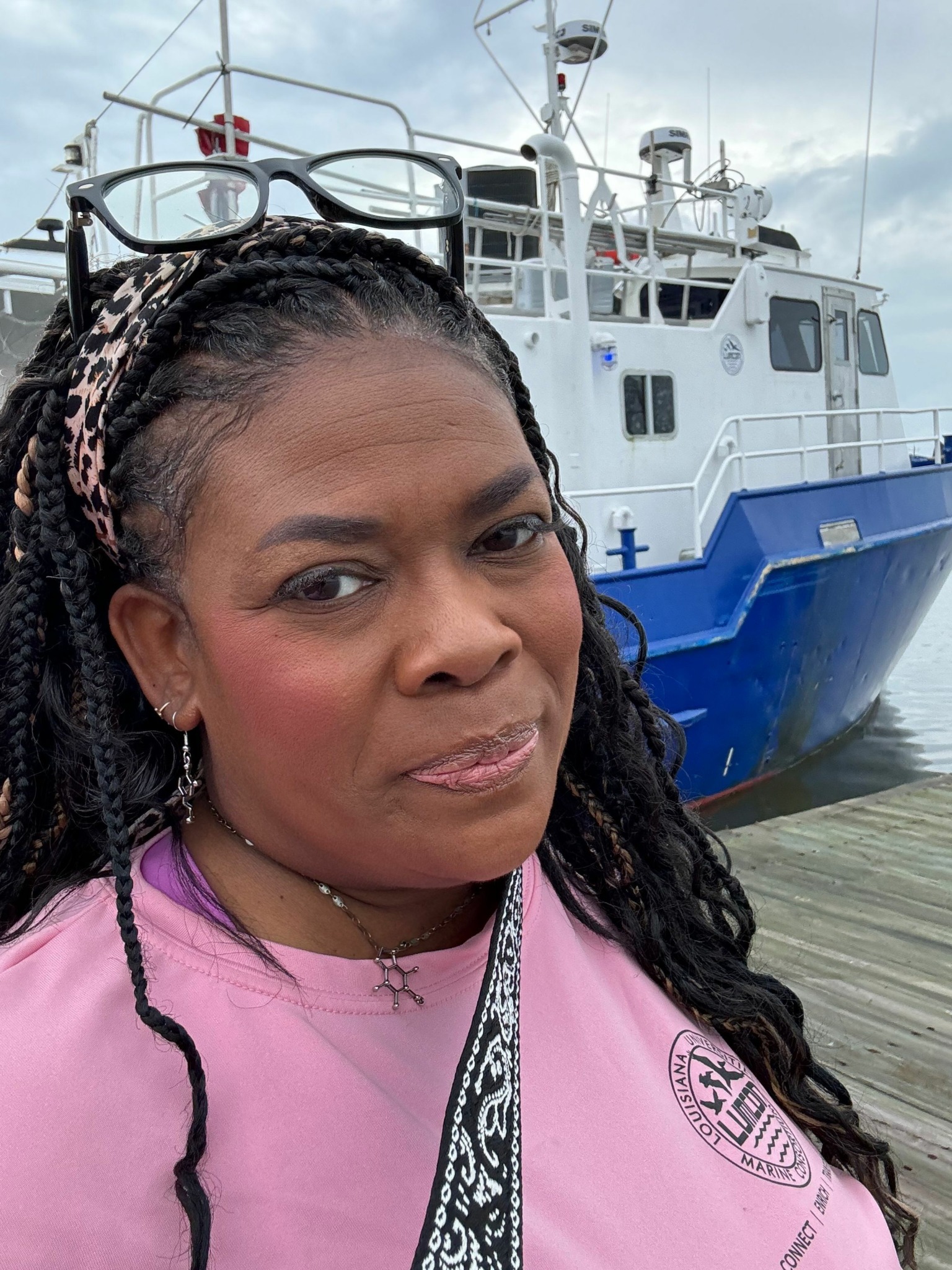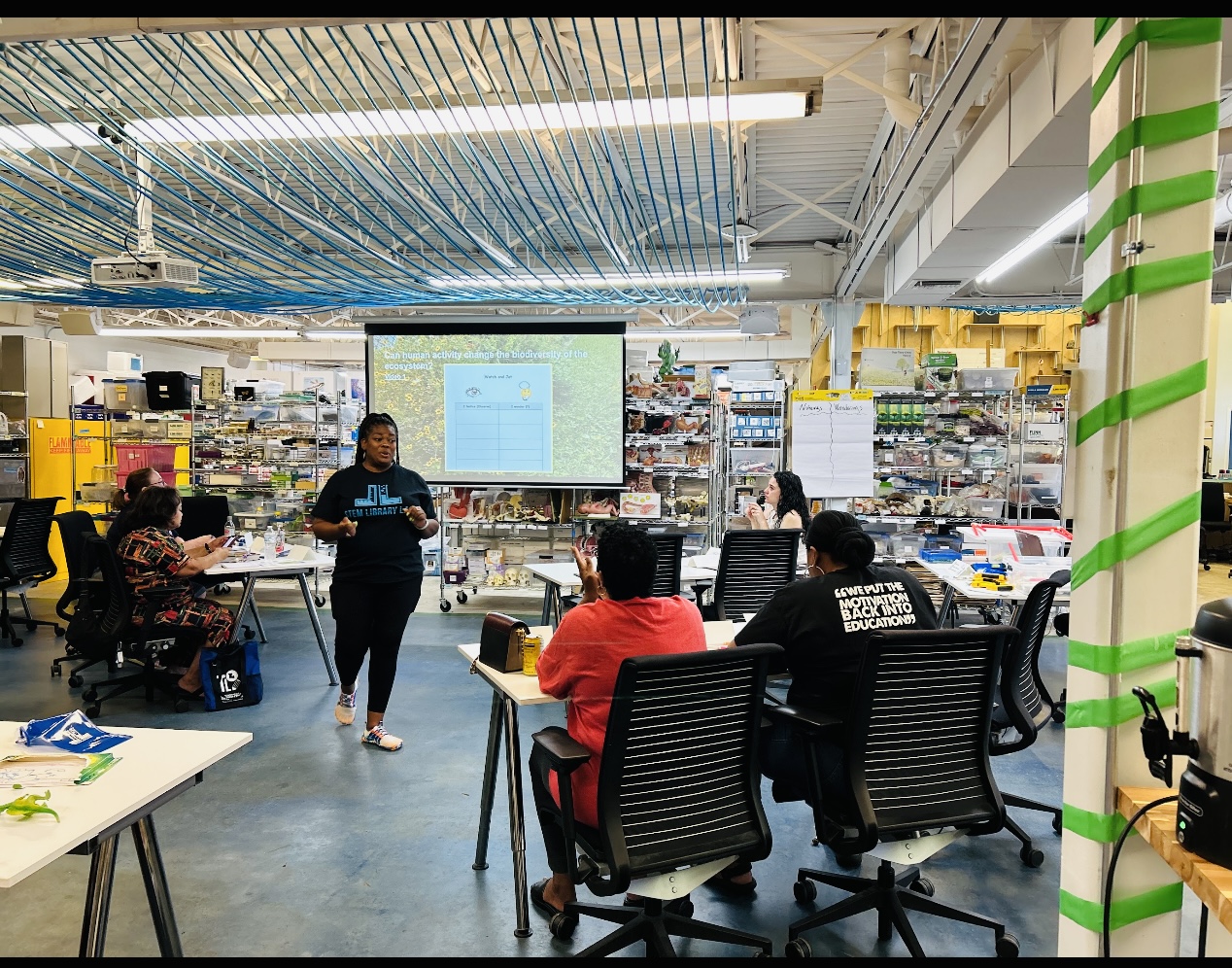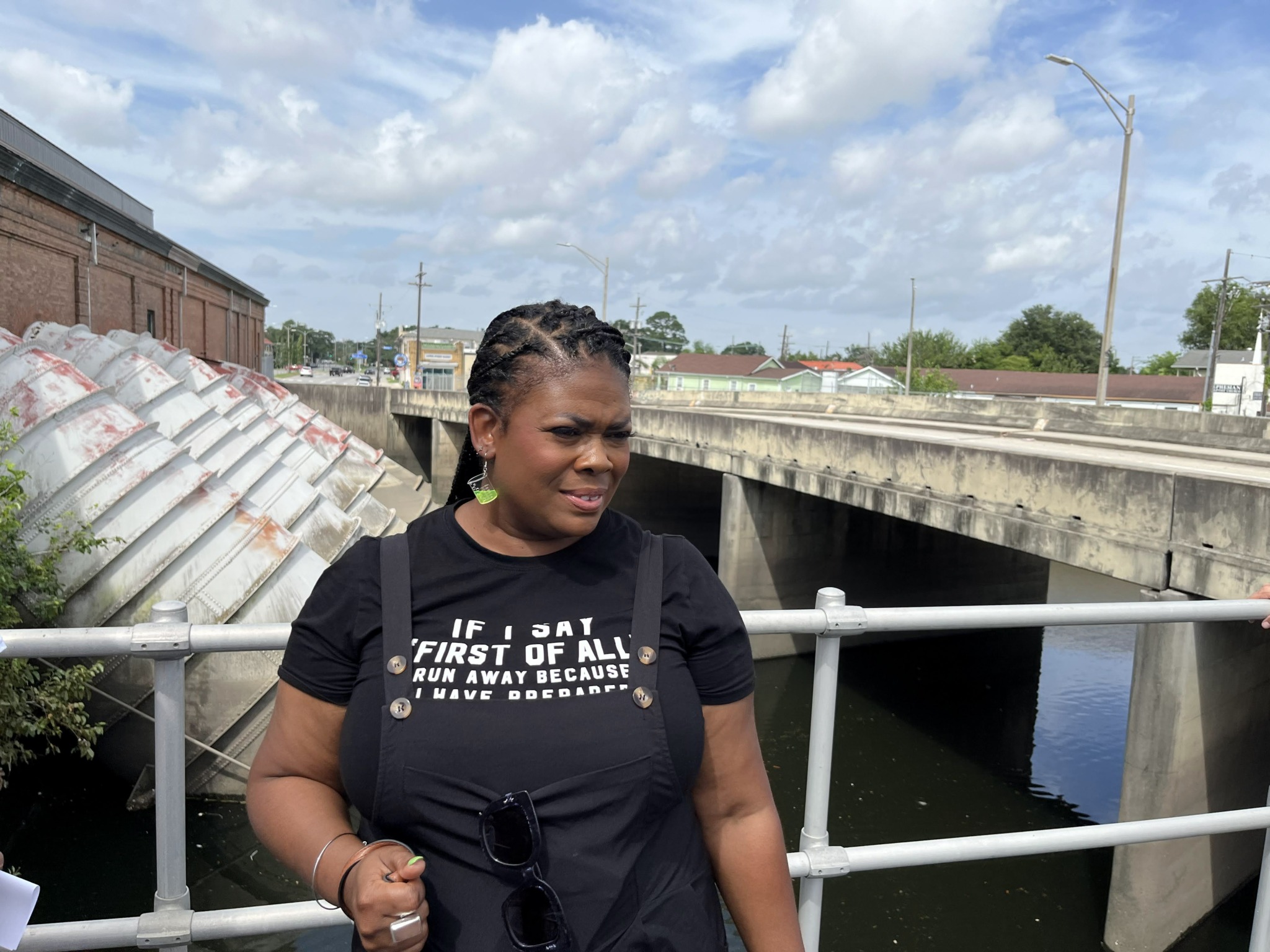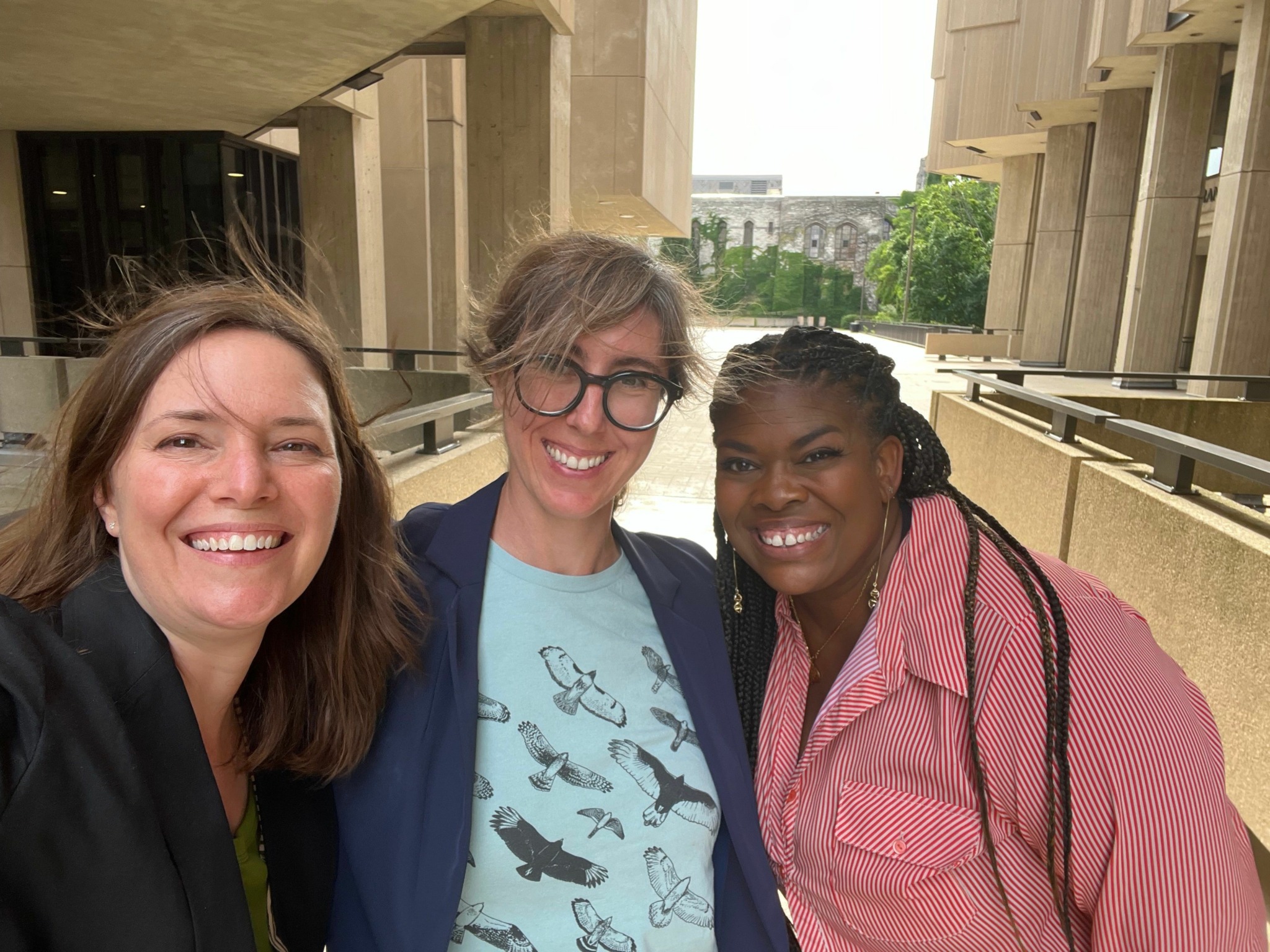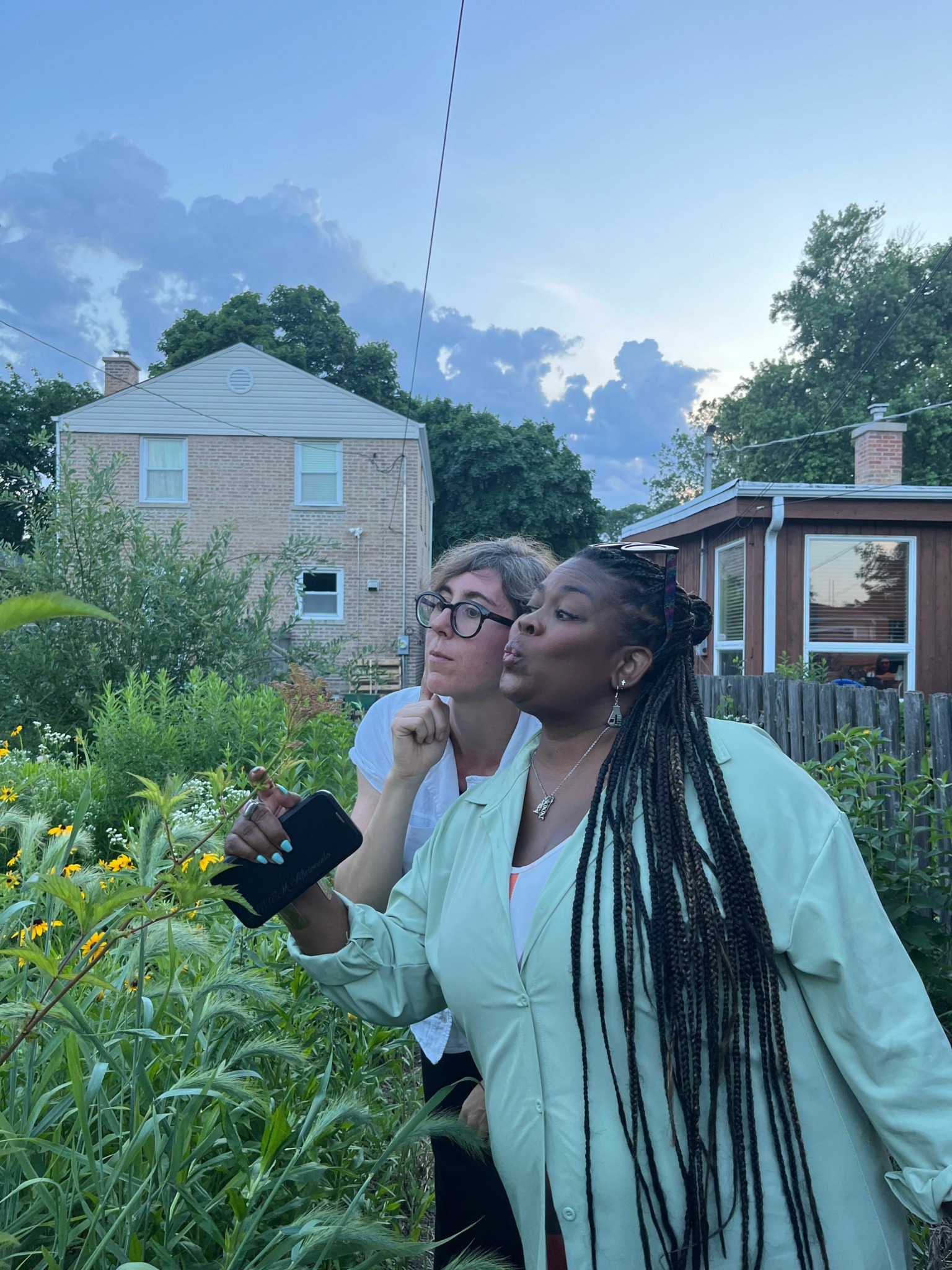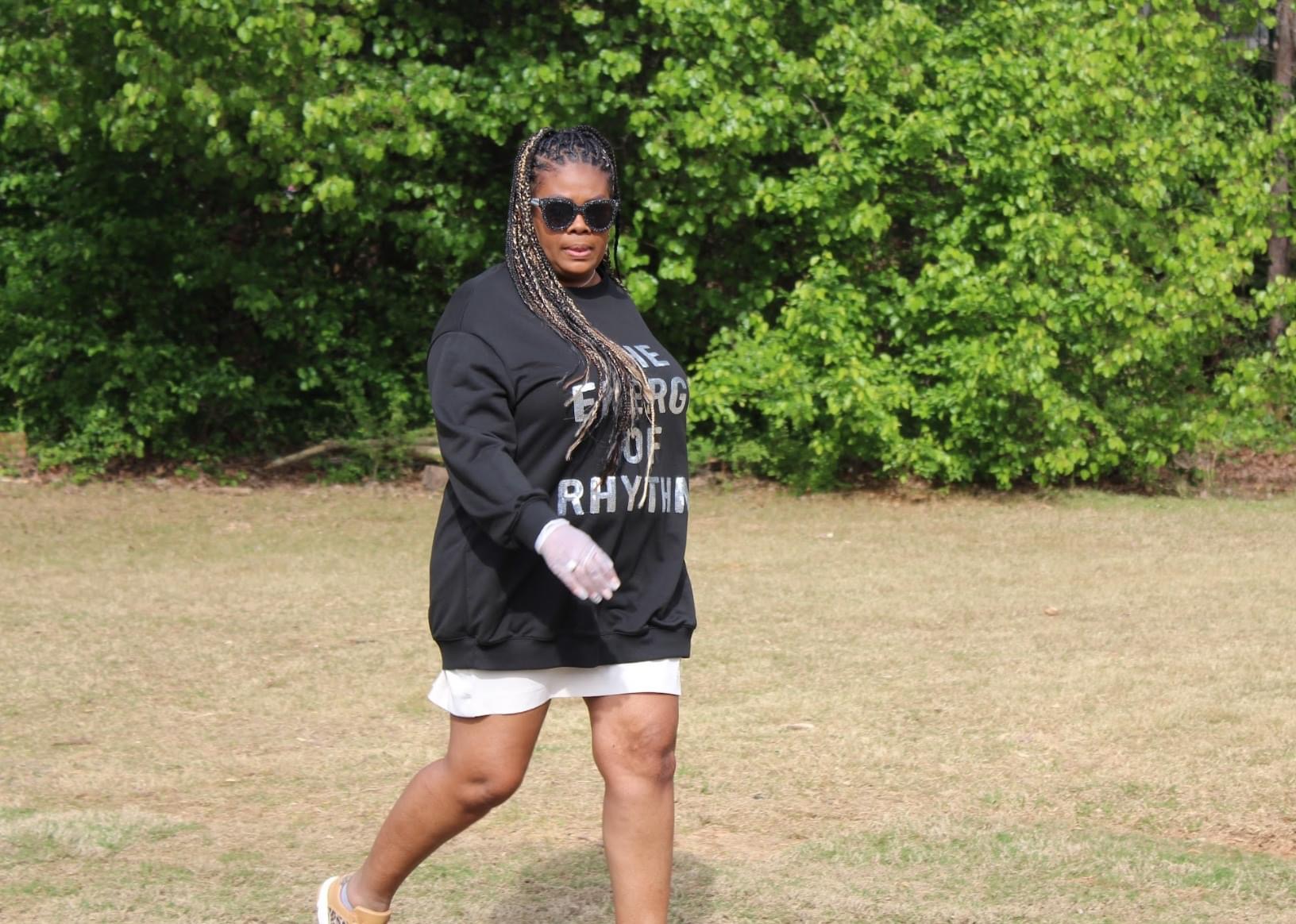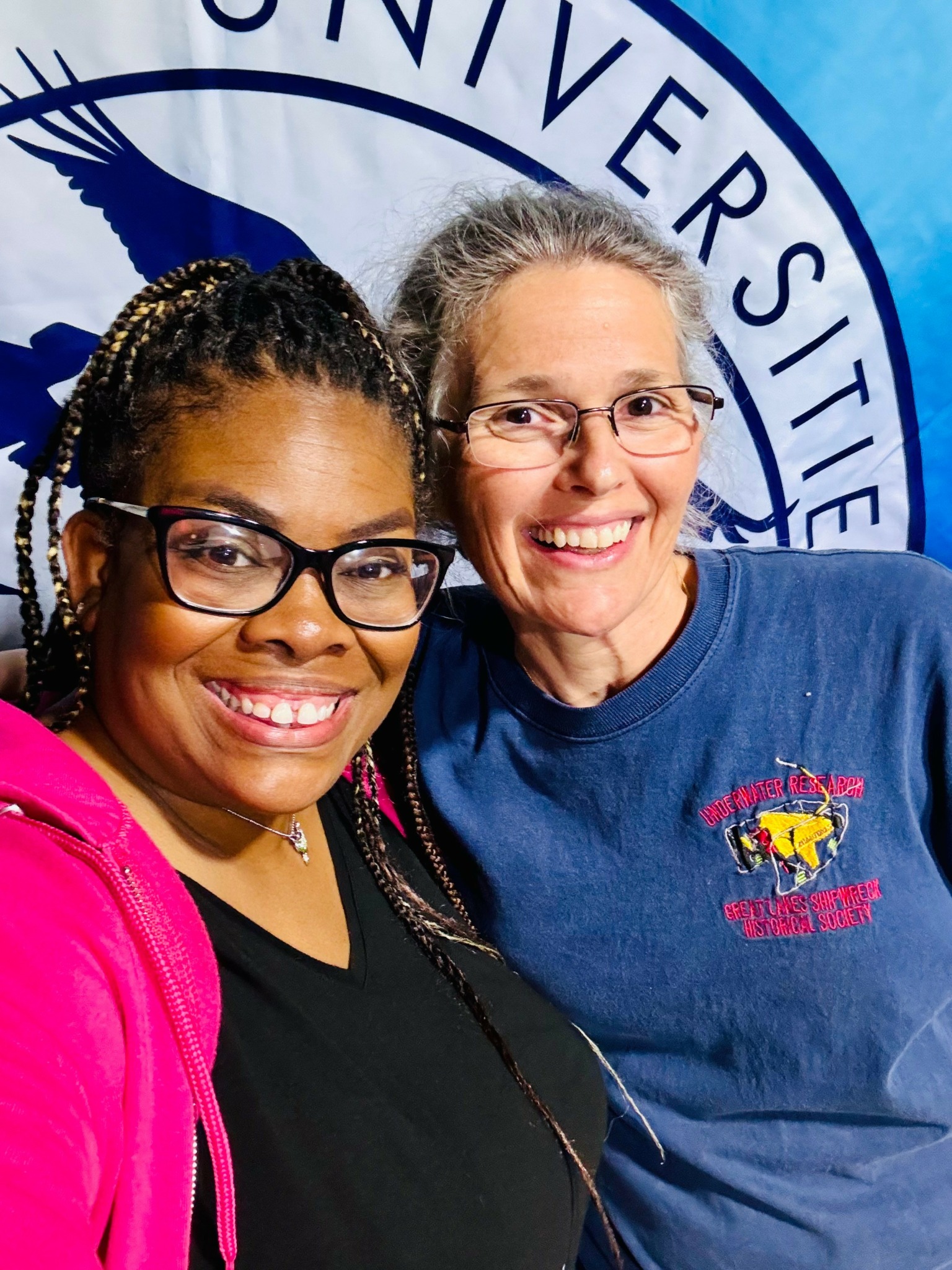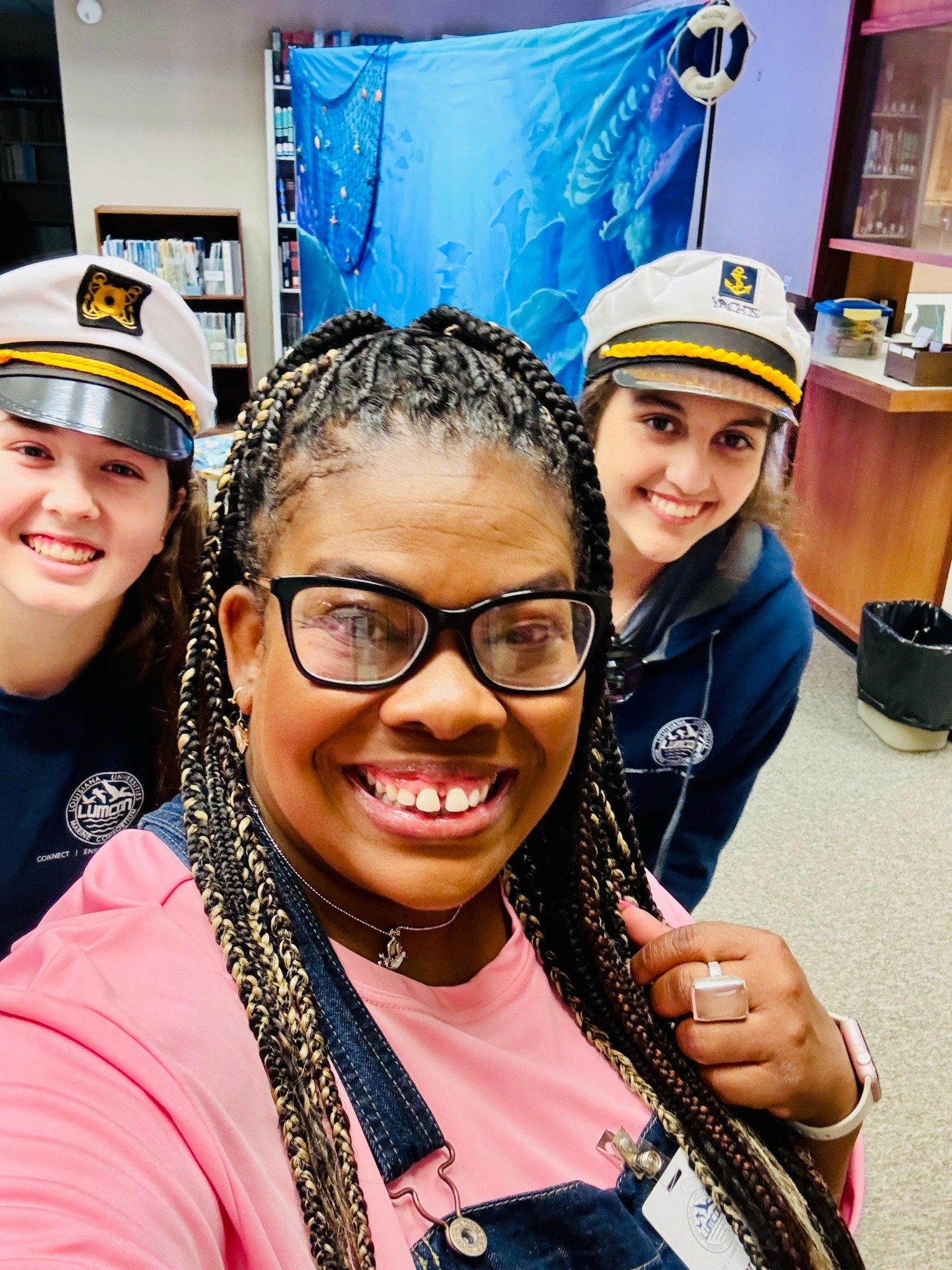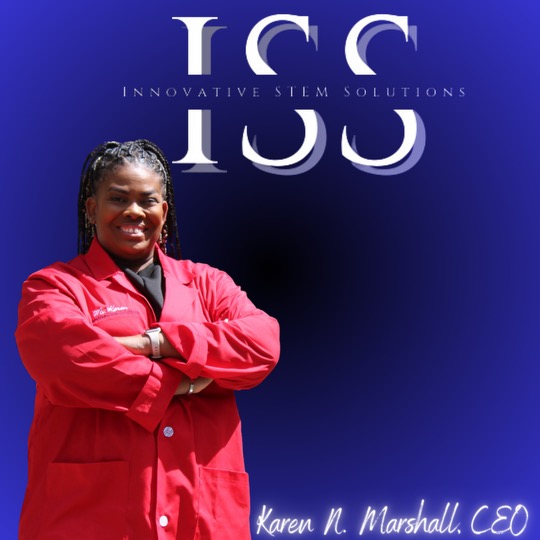Today we’d like to introduce you to Karen Marshall
Hi Karen, we’d love for you to start by introducing yourself.
I was born and raised in the inner city of Kansas City, Mo. My parents were hard working and moved to the city from the south. My mother was a paraprofessional for one of the best kinder teachers in the city until she went back to school to get her masters plus in teaching. I was 16, she retired after 30 years. My dad worked on the line at General Motors for over 40 years. He ended his career as a foreman.
Education was very important to both of my parents. I was bused to magnet schools. I am always secretly hoping someone will write at a paper on how the magnet schools were helping inner city kids to be exposed to more, and it was working, that is why they really shut them down. I was able to take Jazz, tap and ballet after school for free. I also had music classes where I learned the violin and started my love for the clarinet. And, the best part of all was SCIENCE LAB! It was the best part of my week. Starting at 3rd grade we spent over an hour every week going deep into science ideas with the coolest teacher in the school. He was like our very own Bill Nye. During this time, my parents always told me that color didn’t matter and that if I worked hard enough, I could do anything… I learned fast, this was not the entire truth, even though they meant well.
I left elementary and tested into the top middle and high school in the city, now in the country. Lincoln College Prep was my home from 6-12 grade. I was able to continue my love for science with IB classes and was able to broaden all my horizons with school mates from all over the city. It was such an experience! I would never ever trade. It. We were a mix of all of KC, doing it better than our parents. Getting along together, making the grades and preparing for college. It prepared me, for the real world. I had to learn about other cultures, how to be open minded and sensitive about how different we all are. It also gave me a false sense of security, same as my parents. It was like all of or most of our teachers have been to DEI training, LOL. Or at least were good at pretending. It wasn’t perfect, but the doors were all open to us for whatever we wanted. Just like my parents said, if we worked hard.
Fast forward, I am the top teacher at my school, Science Coach, Curriculum Coordinator, Science Fair Coordinator, Science Night Chair, I worked part time for TeachNOLA and a went to trainings most summers. But even after all that, I wasn’t enough. I watched in the charter system as my white counter parts continued to be promoted or honored around me. Pay was different. I was just expected to do more, because I could. I saw my ideas taken without a word and if I said anything I was “not” a team player.
And then, one day… it just broke. Covid I think was a catalyst to what was building, After 18 years in the classroom. I wanted to widen my sphere of influence, to see if I could make a difference from another angle. Within that time in the classroom, I was working with environmental scientists, going on trips, learning how to incorporate data collection in the classroom. As a Xavier Graduate with a Biology pre-med degree, I needed to build my understanding of the ecosystem in New Orleans. I fell in love with the marsh and the estuary. I also fell in love with the fight to save it. The hope for the city sits in an inner city classroom, just like I did. I want to make sure they had the same opportunities I did.
Unfortunately, working in public schools is not easy, and the reality is, science is treated like an elective. Over my years, I had to fight for equal time, money and resources as ELA and Math. My new path would ensure that I could work with students and teachers, pushing for that equality, assisting them with content and classroom management, and introducing them to field work. When I mentioned leaving the classroom, I was surprised that several of the enviro organizations I worked with as a teacher were willing to take me as a consultant. It was .. Perfect.
Can you talk to us a bit about the challenges and lessons you’ve learned along the way. Looking back would you say it’s been easy or smooth in retrospect?
As stated above, being black, female, science, and in environmental is not easy. I am not taken seriously. I am pushed in for the photo op.
It was difficult in the past, but as I find my footing with Innovative Stem Solutions, things don’t get easier. The city is small, and though I work with several organizations, I work to unit them. New Orleans is small and education is too. Sometimes I think the idea is that one organization can support ALL the students. However there is room for all.
Education is also a place where intelectual integrity is sometimes inconsistent. Ideas are shared and rarely given credit for. This seems like par for the course, until it is a previous friend and business associate. That makes it a little more difficult to swallow. I have also found the non-profit world a very hard to navigate. I will just say that founder syndrome is REAL.
Can you tell our readers more about what you do and what you think sets you apart from others?
Moving from Traditional to non-traditional education has taken some adjustments. I was not the best at making time for lunch in the classroom, now that I make my own schedule, I am just the worst! Sometimes I look up and it’s 3, I feel dizzy and I reach for that warm bag of almonds under my seat.
But is is such a fun way to book your week. I go from classrooms on Mon- Wed, but even those are different. I have 3/4 grade Open Source Curriculum I am coaching, next I go to a high school were we are piloting an environmental science curriculum on urban flooding. Thursday I head to the office where I prepare to work with a cohort of teachers that want to learn how to teach phenomena based learning better to their students. On Friday-Sat, I could be in Terrebonne Bay, where we do Biodiversity Trawls in the gulf or transects in the marsh in full gum boots. It is just spectacular. In every moment of the week, I am amazed by how much students and teachers want to know, what they want to do… and how little our education system actually supports this.
How do you define success?
Success is creating an experience for both students and teachers. Success is exposure. Exposing students to the opportunities available to them in environmental and marine science will open them up to so many more high paying jobs and a more rewarding future. I love to see them light up when they grab there clip board and head to the marsh. Students collecting there own data is such a wonderful experience for them and the teacher. Its like a revival. The teacher is rejuvenated.
We are able to build back into education the skills of curiosity, creativity, asking questions, and problem solving. As we found out during the epidemic, we need that skill set more today than ever. We have clearly done a disservice by removing the focus on science and exploration in K-12. Then higher education expects research students to come up with new ideas.
Pricing:
- 2-3 Hour PD Sessions 6-35 participants $500.00
- All Day Sessions 6hrs of content $850.00
- Curriculum Consulting and Individual Coaching Plans $75.00/hr
Contact Info:
- Instagram: https://www.threads.net/@stem_aficionado?igshid=OGQ5ZDc2ODk2ZA==
- LinkedIn: https://www.linkedin.com/in/karen-n-marshall-44503570?utm_source=share&utm_campaign=share_via&utm_content=profile&utm_medium=ios_app
- Twitter: https://x.com/stem_aficionado?s=21&t=dzxmZuxsW9ic7REdkjvytw
- Youtube: https://youtube.com/@stem_aficionado?si=rNT1TTLf3VYpOOuD
- Other: https://linktr.ee/karenknm?utm_source=linktree_profile_share<sid=03197c16-b331-47cb-8de1-4ebdb13b9389
